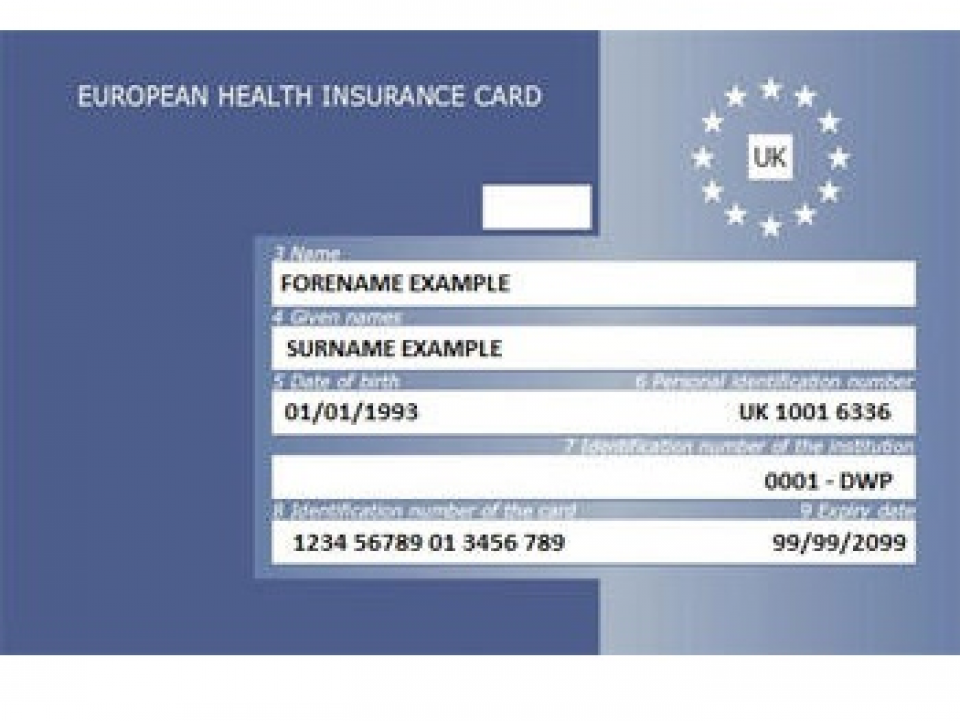Travel insurance and cancer

Travel insurance covers you financially for anything that may go wrong while you are away. This includes medical expenses if you need medical care when you are away or if you need to be flown home because you are ill.
Getting travel insurance if you have or have had cancer may not be easy. Insurance companies may consider that you are more likely to make a claim for medical expenses than people without an illness.
Generally it’s easier to get cover if you have finished your treatment and are free of cancer. But some insurance companies won’t cover you until you’ve been free of cancer for a set period, or they may charge you a lot more if your treatment ended recently.
Sometimes an insurance company may cover you for medical expenses apart from any treatment or care related to your cancer. In this case, you would have to pay any cancer-related treatment costs yourself.
Hints and tips: Looking for travel insurance
- It can take longer to find an insurer if you have had a cancer diagnosis, so it is a good idea to start looking as soon as you can. Ideally, it should be done before you book your holiday.
- Your first step should be to discuss your travel plans with your doctor. You are unlikely to get insurance unless your doctor says that you are fit to travel. A letter or certificate stating that you are fit to travel may be needed for some policies.
- Make informal enquiries about travel insurance first. Some insurance companies might ask if you have been refused by other insurers. If you have only made informal enquires you won’t prejudice any future application you may make.
- Check the cost of travel insurance before you book your holiday. It may happen that the cost of insurance means you are unable to afford the trip you want.
- The policies of travel insurance companies can be varied and some offer more appropriate terms of cover than others. It’s important to shop around and to read the policy carefully so that you are adequately covered before making a decision.
- Specialist insurers sometimes offer cover to people who find it hard to get cover from mainstream insurance companies.
- If you need to take any special medical equipment with you on holiday, make sure that your insurance will cover it. Check with your insurer.
- If you’re offered insurance, check the documentation carefully to make sure it covers everything you might need.
Giving your medical information
When you are looking for travel insurance through either a travel agency or an independent company, you may be asked to contact an independent medical screening phone line.
The phoneline staff will ask you a list of questions about your illness and treatment such as:
- What is the stage and grade of your cancer?
- When were you diagnosed?
- Has your cancer spread?
- What symptoms or side-effects do you have now?
- What follow-up care are you receiving? (This may include medication)
It can help to get answers to all these questions from your doctor before you start trying to get insurance, so that you have the most accurate and up-to-date information.
The insurance company will also consider other factors like your age, general health, and other personal information.
You must answer all the questions correctly. If you don’t and you need to make a claim, they can declare your policy invalid. Illnesses you have or had before the insurance policy was issued are called pre-existing conditions.

Does it matter which country I’m going to?
Yes. In general Europe tends to be cheaper. It can be harder to get travel insurance for some countries where medical costs are high – particularly the USA.
If you’ve had cancer it may be very hard or even impossible to get adequate travel insurance cover for some countries.

The European Health Insurance Card (EHIC)
The European Health Insurance Card (EHIC) allows EU citizens reduced-cost or free medical care when they are on holiday in:
- All EU countries
- Iceland
- Liechtenstein
- Norway
- Switzerland
What you need to know about the EHIC
- It’s free
- Apply online around 4 weeks before you’re due to travel
- You need to have the card with you
- Every individual or member of the family needs their own card
- It only covers unexpected medical treatment you might need
- If you need continued treatment for an ongoing illness while you're abroad, such as regular injections, the EHIC covers this
- You might have to pay for some things at the time and then claim the money back later
- Not all public health systems cover the full costs
- It doesn’t cover you if you are living abroad (students studying in the EU for a year abroad may be covered)
- You should still have travel insurance if you’re going to the EU. The EHIC doesn’t cover everything. For example, the cost of transporting you home in an emergency.
- The EHIC is valid for 2 years from the date it’s issued.
- It is not automatically renewed – so you’ll need to renew it before it runs out.
- You don’t need an EHIC card to get healthcare while on a short visit or holiday to the UK. You can show a driving licence, passport or a similar document to prove you’re resident in Ireland.
How do I apply for the European Health Insurance Card?
- In person at your local health office
- By post
- Online but only if you already have a medical card or drug payment scheme card
It usually takes about 10 days to get the card, but it’s best to apply a month before you travel to makes sure you get it.
For more information
Phone
1800 200 700



